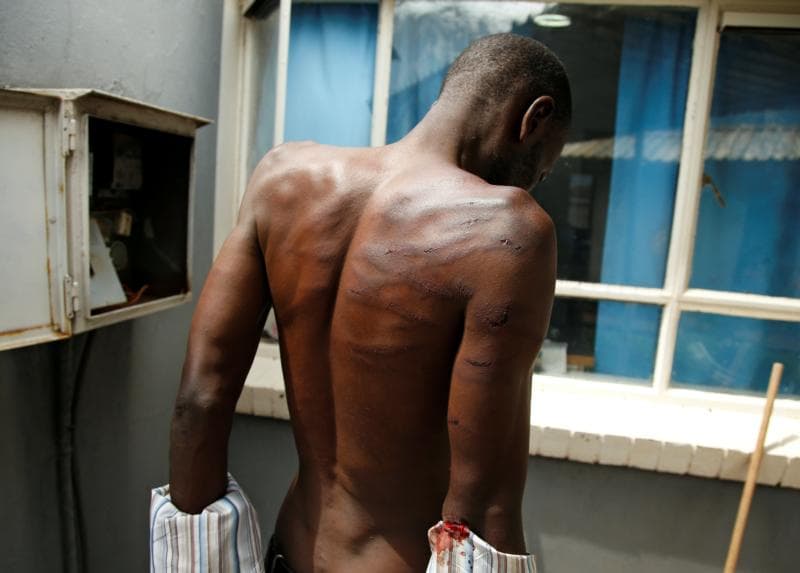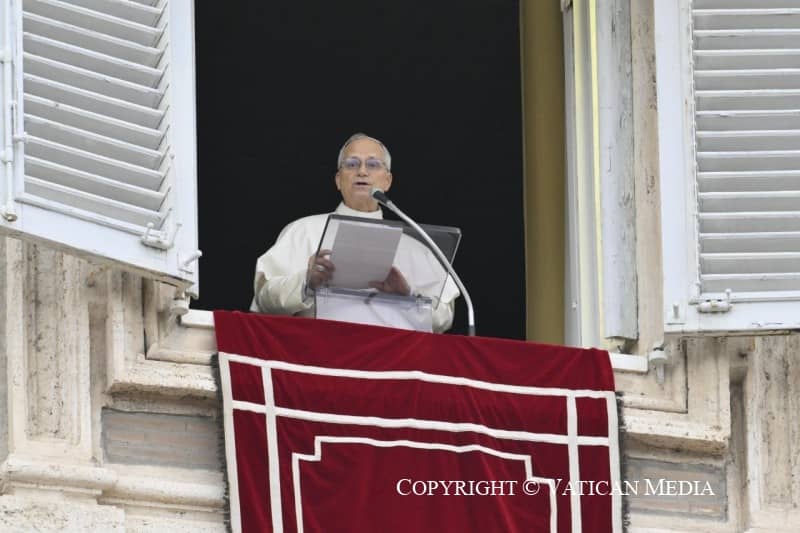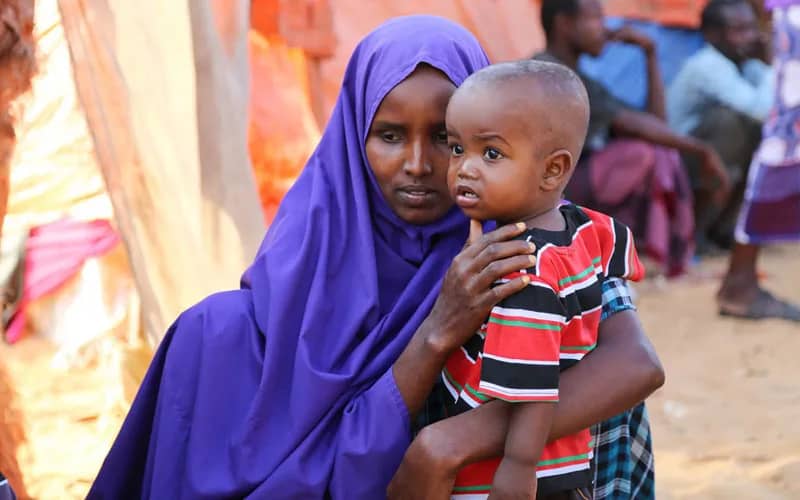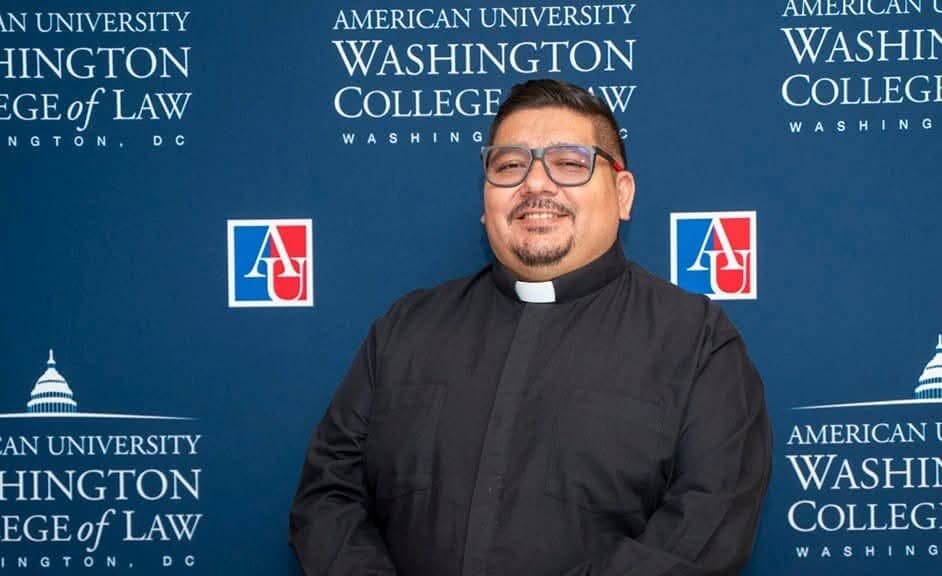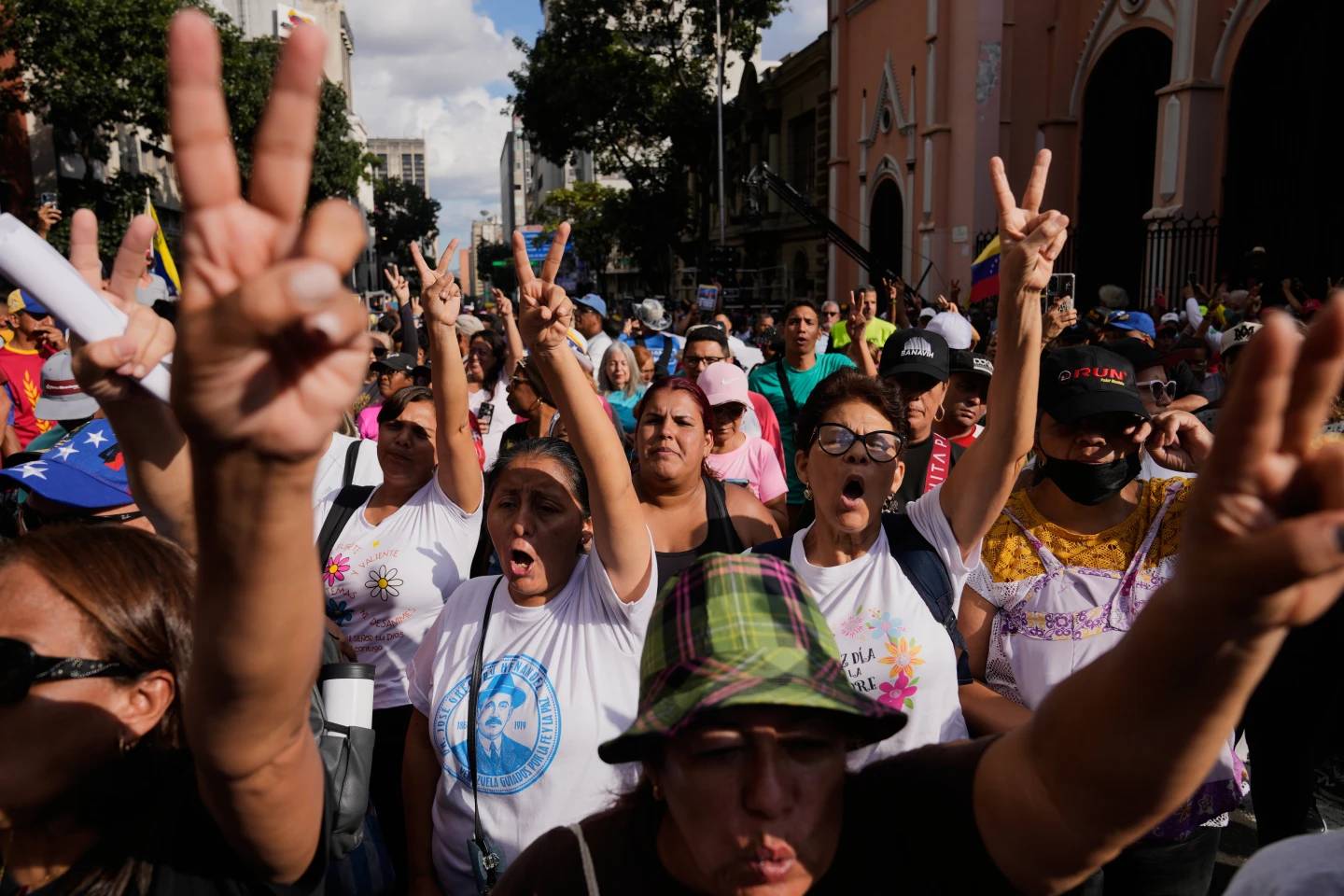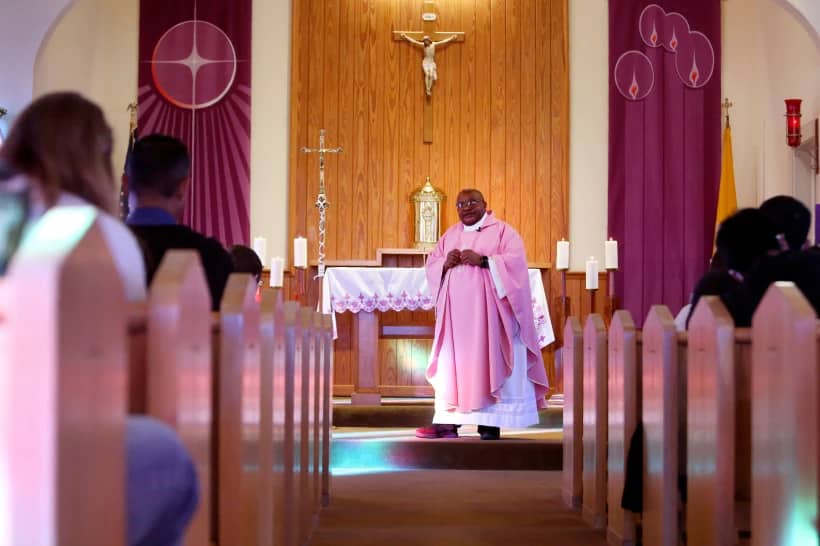HARARE, Zimbabwe — The Zimbabwe bishops’ justice and peace commission is collecting information on violence and human rights abuses in dioceses across the country.
“The victims very often come to the church to seek help and visit our hospitals, and we bring those cases to the attention of the government, so they serve as evidence of what is happening,” said Father Frederick Chiromba, general secretary of the bishops’ conference. Also, some nongovernmental organizations have asked to visit clinics run by the church, he said in a report by the Jesuits in Zimbabwe.
Bishop Michael Bhasera of Masvingo led a delegation of bishops at a Jan. 25 meeting with Zimbabwe Vice President Constantino Chiwenga, the country’s defense minister and the head of its national intelligence agency to discuss the mid-January violent protests in which 12 people died.
The Harare meeting aimed “to get an understanding on what provoked this situation” and to discuss how “government and the church can collaborate so that we move beyond this situation to a Zimbabwe we want,” Chiromba said.
Dialogue is “much needed” in Zimbabwe, he said, noting that “there is so much polarization in the nation and the church is best placed to mediate.”
The government’s “heavy-handed and intolerant handling of dissent” has resulted in the deaths of innocent people, the bishops said in a Jan. 17 statement titled, “Rebuild hope, trust and stability in Zimbabwe.”
Recent strikes by doctors, teachers and others followed the government’s “failure to arrest the deteriorating economic situation,” with “many breadwinners losing their jobs” and “the cost of living soaring beyond the reach of the majority of people,” the bishops said.
“Zimbabwe is burning; its economy is hurting; its people are suffering,” they said.
Unemployment is above 80 percent in Zimbabwe. Many Zimbabweans accuse President Emmerson Mnangagwa of failing to keep pre-election pledges to improve the economy after long-ruling Robert Mugabe was forced out in a de facto coup in November 2017.
